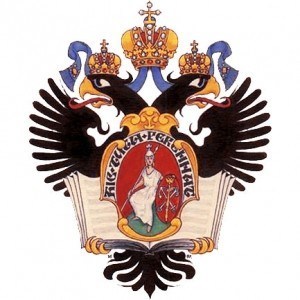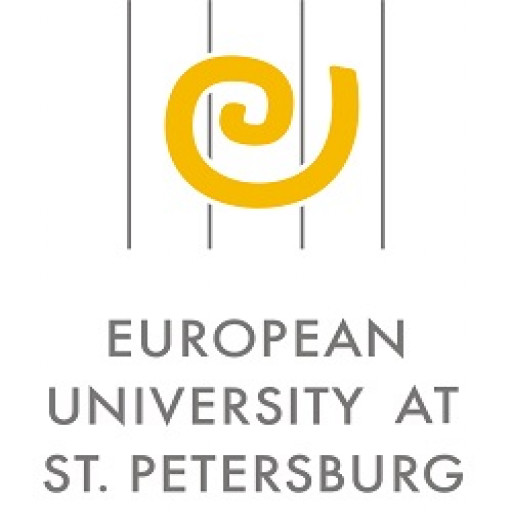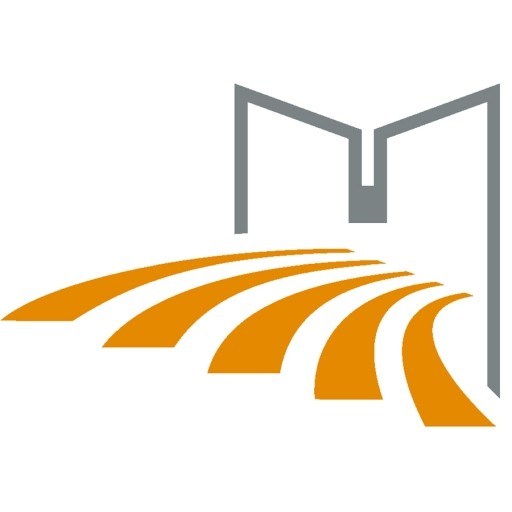Photos of university / #stockholmuniversity
The Master's Programme in Russian Studies at Stockholm University offers an in-depth exploration of the Russian language, culture, history, society, and politics. Designed for students with a strong interest in understanding Russia’s complex and diverse landscape, the program provides comprehensive knowledge and analytical skills to engage critically with contemporary issues related to Russia and the Russian-speaking world. Throughout the coursework, students examine Russian literature, media, political developments, and historical contexts, fostering a nuanced understanding of Russia’s role in global affairs. The program emphasizes advanced language proficiency, enabling students to communicate effectively in Russian and to analyze primary sources in their original language. The curriculum includes a combination of linguistic training, regional studies, and thematic modules covering areas such as security, migration, and cultural identity. Students have opportunities for international exchanges, internships, and research projects, allowing them to gain practical experience and develop a global perspective. The faculty consists of leading scholars with expertise in Russian language, history, politics, and cultural studies, providing students with mentorship and guidance tailored to their academic interests and career aspirations. Graduates from the programme are well-prepared for careers in diplomacy, international organizations, journalism, academia, and cultural institutions, or to pursue further research at the doctoral level. The Master's Programme in Russian Studies at Stockholm University promotes critical thinking, intercultural competence, and advanced research skills, making it an excellent choice for students aiming to deepen their understanding of Russia’s societal dynamics and contribute to the field’s knowledge.
The Master's Programme in Russian Studies at Stockholm University offers an in-depth exploration of the Russian language, culture, history, politics, and society. The program is designed to provide students with a comprehensive understanding of Russia’s complex society and its role in global affairs. Throughout the coursework, students engage in advanced language training to achieve high proficiency in Russian, enabling them to analyze and interpret Russian texts, media, and cultural expressions critically.
The curriculum includes courses on Russian literature, history, political science, and contemporary societal issues. Students will examine key themes such as Russian identity, geopolitics, economics, and cultural dynamics, gaining insights into both historical developments and current affairs. Special emphasis is placed on developing research skills through seminars and projects, encouraging students to conduct independent investigations into topics related to Russia.
The program also offers opportunities for language immersion and intercultural exchange, facilitating a deeper understanding of Russian society from an insider’s perspective. Students are encouraged to participate in internships, study abroad programs, and collaboration with Russian institutions, which enhance practical skills and professional prospects in fields such as diplomacy, journalism, academia, and international relations.
Graduates of the programme will be equipped with strong analytical and language skills, cultural competence, and specialized knowledge that allow them to pursue careers in government agencies, international organizations, cultural institutions, and media companies focused on Russia or Russian-speaking regions. The program emphasizes a multidisciplinary approach, critical thinking, and active engagement with contemporary issues, preparing students for further academic research or direct entry into the job market with a deep understanding of the Russian context.
Program requirements for the Master's Degree Programme in Russian Studies at Stockholm University include a completed Bachelor's degree or an equivalent qualification in a relevant field such as Russian language, literature, area studies, or related disciplines. Applicants must demonstrate proficiency in the Russian language, typically via standardized language tests or previous studies conducted in Russian. Candidates are expected to submit a CV detailing their academic background and relevant work or research experience, along with a personal statement outlining their motivation for joining the program and their specific interests in Russian studies.
The admission process also considers academic grades and references from previous educators familiar with the applicant’s academic abilities. An understanding of cultural, historical, and political contexts related to Russia is advantageous. International applicants are required to fulfill English language proficiency requirements, usually through tests like the TOEFL or IELTS, unless their previous education was conducted in English.
Applicants are encouraged to include a research proposal or statement of purpose for further insights into their academic interests and future goals related to Russian studies. Additional documentation such as copies of diplomas and transcripts must be submitted according to the application portal's specifications. The university may also conduct interviews or request additional information if necessary.
Entry requirements and specific prerequisites can vary slightly each year, but generally, the program favors candidates with a strong background in humanities or social sciences, particularly those with demonstrated interest or prior coursework in Russian language, literature, or regional studies. The program aims to develop advanced linguistic skills, analytical capabilities, and cultural understanding, preparing students for careers in academia, media, diplomacy, or international organizations focused on Russian affairs.
Financing of the Master's Degree Programme in Russian Studies at Stockholm University is primarily supported through a combination of national and university-specific funding sources. Students have access to various scholarships, grants, and financial aid options designed to facilitate their studies and reduce financial barriers. The Swedish Institute offers scholarships for international students, which can cover tuition fees and living expenses, subject to eligibility criteria and competitive selection processes. Stockholm University itself provides a number of Erasmus+ funding opportunities for students participating in exchanges or joint programs with partner institutions across Europe. Additionally, the university offers internal scholarships for both Swedish and international students based on academic merit, financial need, or special circumstances, which are awarded through application processes typically held annually. Students are also encouraged to seek external funding from home country sources, such as governmental grants, scholarships, or private foundations that support international education. The cost of living in Stockholm is considered moderate compared to other European capitals, but students are advised to prepare a detailed budget covering accommodation, food, transportation, insurance, books, and personal expenses. To support students financially, the university provides guidance on applying for available funding, tips on managing living costs, and information on part-time employment opportunities that comply with visa regulations for international students. While the university does not offer specific loan programs, Finnish students and residents of the European Union may have access to national student loan systems, depending on their country of residence. Overall, the financing options for this program aim to ensure that motivated and qualified students from diverse backgrounds can pursue their academic goals without undue financial hardship.
The Master's Programme in Russian at Stockholm University offers a comprehensive and in-depth study of the Russian language, literature, history, and culture. The program aims to provide students with a high level of proficiency in Russian, combining linguistic skills with cultural understanding and analytical capabilities. Throughout the course, students engage with advanced language training, including reading, writing, listening, and speaking skills, which are complemented by courses in translation, linguistics, and intercultural communication. The program also emphasizes critical analysis of Russian literary texts from different periods, exploring thematic, stylistic, and historical aspects, thereby fostering a deeper understanding of Russia's rich literary tradition. Moreover, students have opportunities to study historical and contemporary social, political, and cultural developments within Russia and the broader post-Soviet space. The program prepares graduates for careers in international relations, academia, journalism, translation, or cultural management, providing a solid foundation for working in contexts requiring advanced Russian language proficiency and cultural competence. Courses are offered in English and Russian, enabling students from diverse backgrounds to develop bilingual skills and intercultural insights. The program often involves collaboration with external institutions, internships, or study trips, enriching the academic experience and facilitating professional networks. Admission requires a bachelor's degree or equivalent, with a strong interest in Russia and its culture. Upon completion, students are awarded a Master of Arts degree in Russian, which is recognized for further academic pursuits or employment in international fields related to Russia. Overall, the program combines rigorous academic content with practical skills, fostering a nuanced understanding of Russia's impact on global affairs and its internal cultural dynamics.







